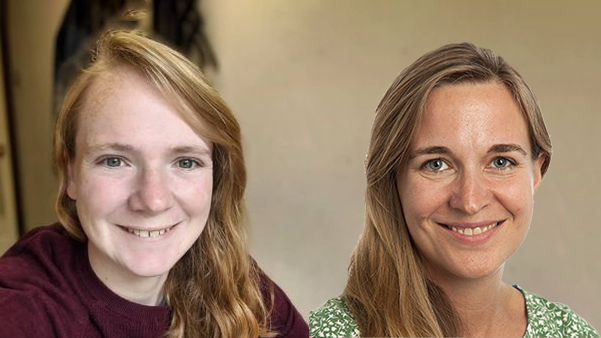Integrating philosophy, policy and practice to create a just and fair health service

At THIS Institute, we are delighted to congratulate our fellows Zoe Fritz and Caitriona Cox, whose essay submitted for the BMA’s presidential essay prize was awarded a “Highly Commended”.
The BMA presidential essay prize is a one-off essay competition aimed at solutions-driven writing on the topic of justice and fairness in medical practice and policy. The highly commended essay explores the multiple complexities of creating a just and fair health service. First, a clinician must balance the needs of many patients, which may be conflicting. Second, the system must balance financial and clinical obligations to support its workers. And last, it must balance the demands of current and future generations so that it is sustainable.
The authors grapple with the challenge that there is no shared philosophical framework upon which the provision of care or the development of health policy is based. They propose combining principles developed by two American philosophers to develop a practical framework.
The Theory of Justice developed by John Rawls can be used to define a ‘good’ society that is just to different users. However, the theory may be too abstract to be used in policymaking and does not provide clear guidance for how individuals can enact the principles of justice.
Thomas Scanlon proposes a principle of contractualism, where he argues that just principles can be derived from debate between individuals who are motivated by a desire for reasonable agreement. This principle can be used to ensure that conflicting needs are considered robustly.
The authors suggest that adopting a practical framework that combines the approaches of Rawls and Scanlon could be used to help the workforce and the population to contribute to fair policymaking. They illustrate this by using examples of how it would help to prevent injustice in different situations, not least in a crisis situation such as responding to the new challenges raised by COVID-19.